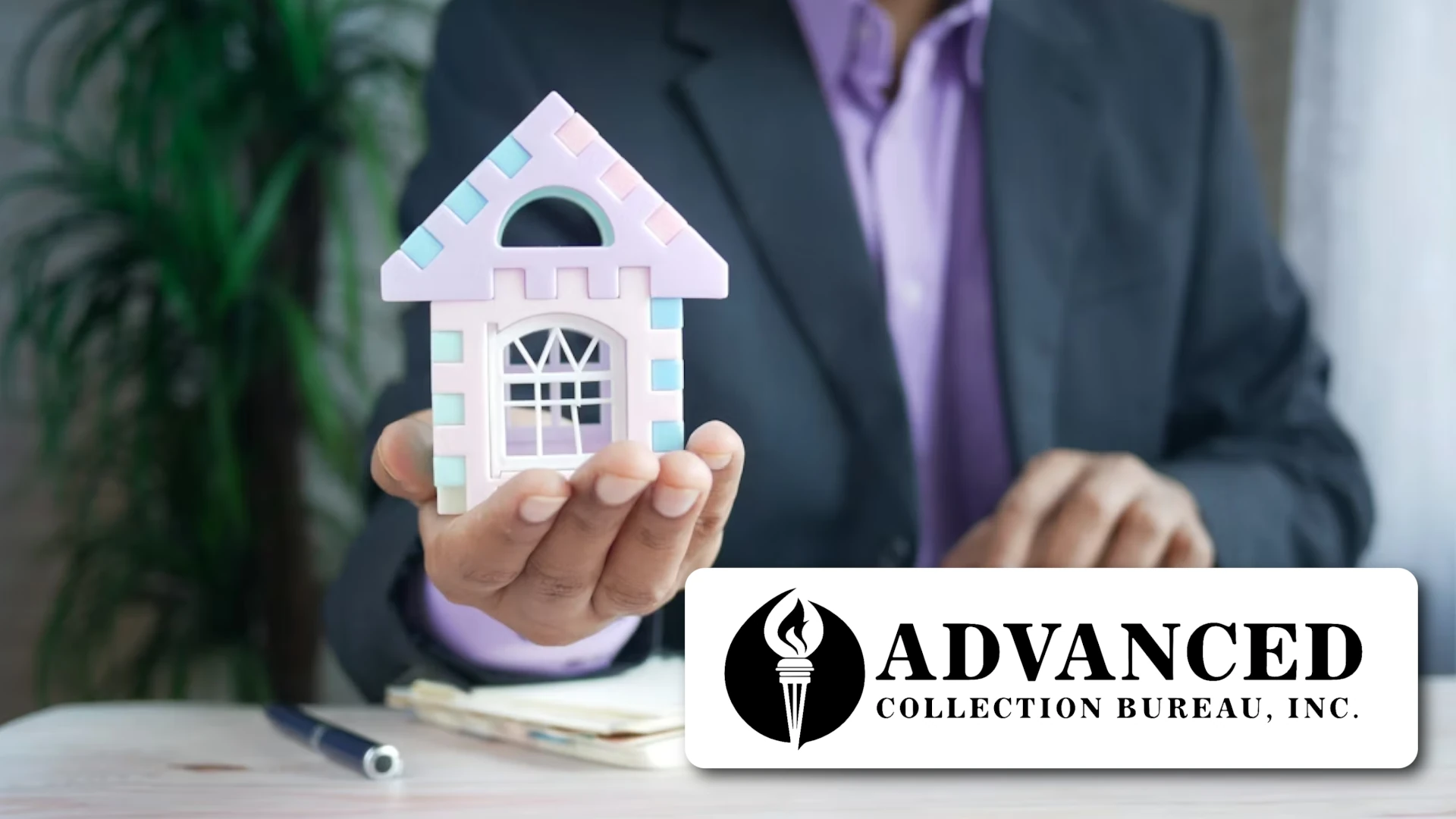When customers fall behind on payments, businesses face a delicate balance: recovering what they're owed while maintaining relationships and legal compliance. An ineffective collection process can drain resources, delay cash flow, and expose your business to liability. That’s why adopting debt collection best practices is essential for long-term financial stability.
Whether you're collecting overdue invoices, unpaid service fees, or commercial rent, the right strategy can make all the difference. This guide outlines proven best practices that help businesses improve their recovery rates while preserving professionalism and legal integrity.
Establish Clear Payment Terms Up Front
One of the best ways to prevent debt problems is by setting expectations from day one. Contracts or service agreements should clearly outline payment due dates, late fees, and consequences for non-payment. Put it in writing and make sure your client acknowledges it.
Transparency reduces confusion and gives you a stronger position if the debt becomes delinquent. Including clear payment terms is also a key preventive step we cover in How to Identify and Prevent Potential Debt Recovery Issues in Your Apartment Community.
Monitor Payments and Follow Up Early
Timely follow-up is one of the most effective ways to recover payments. Set up systems that track due dates and flag overdue accounts. Send friendly reminders as soon as a payment is late. This simple step often resolves the issue without further escalation.
Your first few contacts should be polite but firm, reminding the client of the terms and offering an easy way to pay. Keep a written record of all communications in case the debt needs to be sent to collections.
Stay Professional and Compliant
As overdue accounts age, the tone of communication may need to shift—but always stay professional. Avoid aggressive language or threats. Not only does this preserve the relationship, but it keeps your business in compliance with federal regulations like the Fair Debt Collection Practices Act (FDCPA), especially if you're collecting on behalf of another party.
For a complete understanding of these legal protections, read Full Guide to the Fair Debt Collections Practices Act.
Know When to Escalate to Collections
After 60 to 90 days without payment, it’s usually time to involve a professional collection agency. Delaying this decision can reduce your recovery odds. The longer a debt goes unpaid, the harder it is to collect.
At Advanced Collection Bureau (ACB), we provide contingency-based services—so you don’t pay unless we recover your funds. We also offer skip tracing, twice-monthly credit reporting, and respectful but persistent follow-up.
To see how we make this process seamless for businesses, visit How a Debt Collection Agency Can Help Recover Lost Revenue.
Document Everything
Whether you're collecting internally or working with a third-party agency, documentation is essential. Keep records of contracts, invoices, payment attempts, and communication history. This protects you if the debtor disputes the claim and provides the foundation for legal collection if needed.
Our guide on The Importance of Accurate Record-Keeping in Apartment Debt Collection applies broadly across industries and is a valuable reference.
Partner With a Trusted Agency
When you do hand over an account to collections, choose a partner who shares your values. ACB operates 100% in the U.S., maintains full FDCPA compliance, and handles every case with respect. Our tailored strategies maximize recovery while protecting your brand.
We’re more than just a collection agency—we’re a recovery partner for businesses, property managers, and landlords nationwide.
Struggling with overdue accounts? Work with us and let ACB help you recover revenue while preserving your business reputation.














